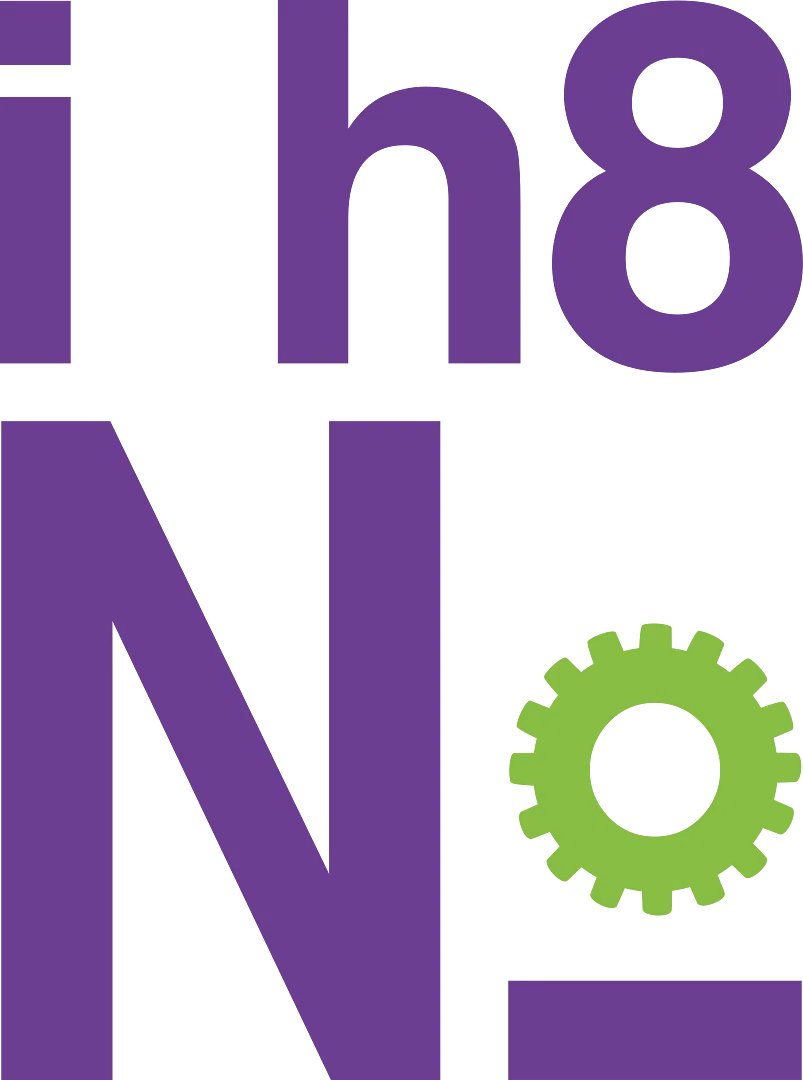Billing Mistakes: Tips to Avoid Payment Delays
Billing mistakes can severely harm your cash flow and lead to unnecessary stress for your business. Because of poor billing practices, many small business owners find themselves struggling to keep their financial health intact. Consequently, addressing these issues early can make a significant difference in maintaining smooth operations.
Irregular Invoicing Practices
Firstly, failing to invoice regularly creates cash flow unpredictability. For instance, when invoices are sent sporadically, it becomes harder to track and receive payments promptly. Instead, we recommend setting up a consistent invoicing routine, whether weekly, fortnightly, or monthly. Additionally, regular invoicing reduces the chances of forgetting a customer or overlooking overdue payments.
Delays in Sending Invoices
Another frequent mistake is delaying invoices after completing a job. The longer the delay, the longer you wait to get paid. Moreover, customers calculate their payment deadlines based on when they receive the invoice, not when the work was done. Therefore, promptly issuing invoices ensures faster payments and better cash flow.
Weak Payment Terms
Albeit challenging, setting clear and firm payment terms is essential. Before starting work, ensure your clients know these terms. Furthermore, enforcing payment policies consistently helps prevent long payment delays, which can drain your resources. Where possible, consider requesting upfront payments or deposits for your services.
The Role of Invoicing Software
Using proper invoicing software, such as Xero, simplifies the billing process. Besides automating tasks like sending reminders and tracking payments, software ensures invoices look professional and include clear details. Correspondingly, this eliminates client confusion and speeds up payments. Likewise, platforms like BudgetWizz assist with online cash planning, further supporting your financial stability.
Clear Invoice Descriptions
Evidently, unclear invoices cause payment delays. Instead of generic descriptions, provide detailed breakdowns of your products or services. For example, itemised invoices reduce client queries and foster prompt payments.
Conclusion
Billing mistakes are common but fixable. By streamlining invoicing processes, automating tasks, and using tools like Xero and BudgetWizz, you can improve your cash flow significantly. Undoubtedly, these changes ensure smoother operations and reduced stress.
We encourage you to listen to the I Hate Numbers podcast for more actionable advice on managing your business finances effectively.
Transcript
Are you having a hard time making business ends meet? Do you constantly scratch your head, fret and have anxiety about your cash flow? Well, if so, you are not alone. A lot of small business owners struggle with cash flow issues and often it comes down to bad billing procedures. In fact, you'd be surprised of just how much difference it can make to your cash flow and your financial health with a few simple tweaks and changes to your billing and invoice procedures.
::So let's crack on and let me share with you six big billing mistakes impact negatively on your cash flow.
::Number one, not invoicing on a regular basis. Now you need to invoice your customers on a regular basis, and you need to be consistent about it. Only if you invoice once in a while or if you're sporadic with your invoicing, it's going to be harder to stay on top of your cash flow. Try to invoice customers at the same time each month.
::If it allows on a more regular basis every week or every fortnight, it's going to be even better. Getting to that regular invoicing routine makes it easier to predict and to manage your cash flow effectively. Furthermore, it means you're less likely to forget to invoice somebody or to follow up on an overdue invoice.
::Mistake number two, a big delay between completing the work, providing the service, selling the product and not getting the invoice out the door. The longer the time delay between completing a job and getting that invoice out adds to the amount of time you've got to wait to get paid from your customer.
::It also means your customer counts the days owing from the moment they've received the invoice, not from when you've completed the work. That's not a good look. Number three, lacks / weak payment terms. Now your payment terms need to be clear and they need to be enforced on a consistent basis. You also need to make your clients aware, your customers aware of what those credit terms are before you carry out the work.
::A lot of small business owners are far too lenient when it comes to payments, which can really come back to bite you where it's painful. You can end up waiting weeks or months for payments that are overdue. And in essence, the longer you wait, remember you're financing your client's business at the detriment to yourself.
::As a general rule, always try to get paid as promptly and as soon as possible. That means being clear and firm when you send out your payment terms and sending those invoices out once the job is completed. Where possible invoice up front for those services provided or those products being dispatched.
::Now, don't be afraid. Don't hide your head under the duvet when it comes to late payments either. A simple phone call or email can often be enough to prompt a customer to pay an overdue invoice. Them not paying you on time could be they've just forgotten, it's in their in tray. There could be cash flow problems, obviously, but until you make that communication, you won't actually know. The next mistake to look at
::is not using proper invoicing software. Now if you are still using paper invoices and manual billing procedures, then I would strongly urge you to make a change. There are superb software programs available, (cough cough) Xero, that can save you a lot of time and a lot of hassle. With invoicing software, which are embedded into many digital accounting packages, you can automate a lot of the tasks associated with billing, such as sending out invoices and proposals, tracking payments, and follow-up on overdue invoices.
::This can free up a lot of your time, so you can focus on the other aspects of running your business. In my own business, I Hate Numbers, when I changed to digital software using Xero, I found that the time it took for clients to pay their bills shortened dramatically. Now, invoicing software also helps your business to become more efficient and organised, which will save you money in the long run.
::Now, if you're not using invoicing software, then this is the time to make the switch. It can make a big difference to your cash flow. The next one I want to look at is failing to actually describe and itemise the products and services you're selling clearly on the invoice. If you want to get paid promptly, you need to reduce the barriers for clients questioning the invoice.
::So make sure your invoices are clear and concise. That means you itemise the products and services clearly on the invoice and provide a detailed breakdown of what the invoice relates to. Saying this is a sum of money for one basic description here is bound to have the clients scratching their heads.
::Now, customers should be able to look at an invoice and understand exactly what they're being charged for. They're going to question it, be resistant to paying and taking their time to pay you promptly. Now, invoicing software can step in here and be a massive help, as it will often allow you to create professional looking invoices with itemised line items. No more messing around with Word, trying to get the words to fit into the tables.
::Now take the time to set up your invoicing software properly. Speak to your accountant. When we set up digital systems for clients, we make sure the invoice templates and the invoicing layout are done as one of the first tasks. Make sure your invoices are clear and easy to understand. Each query you receive slows down the payment process and delays that money from reaching your bank account, which is not what you want.
::So what can we say in summary? If you are struggling with cash flow, and please do check out the show notes by the way, for our link to Budgetwhizz, our online cash planning software, there are many simple steps that can help. We recommend taking the time to set up your billing processes carefully and effectively, so it becomes straightforward and easy to use.
::That means automating tasks like sending out, following up on invoices, reminders, creating a regular schedule that's easy for you and your customers to follow. There are plenty of great invoicing software programs. My personal one of choice is Xero, but there are others in the marketplace that can save you time and help you become more efficient.
::Follow these simple steps and you can improve your cash flow and keep your business running smoothly, which is what we all want. We hope you enjoyed this episode and appreciate you taking the time to listen to the show. We hope you got some value. If you did, then we'd love it if you shared the episode.
::We look forward to you joining us next week for another I Hate Numbers episode.


